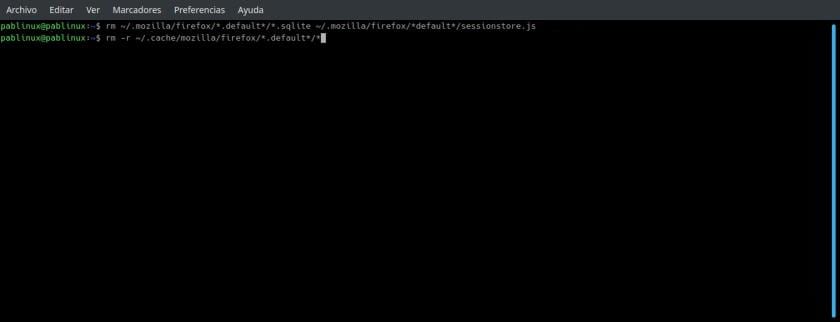
Many years ago, Linux used the terminal much more. So much so that even today many users believe that you have to launch and manipulate programs via command line and that is one of the reasons why they stay in Windows. Jokes were even made when Canonical, among other companies that develop Linux systems, spoke of Ubuntu Phone, saying that to call we would have to type "sudo call NUMBER" in the terminal. Although the terminal is not always necessary, it is very useful and in this short article we are going to talk about uptime.
uptime is a command whose compound word we could translate from "raised time", or more specifically "time on." With this command we can know how long our PC is on or what time we turned it on, which can help us control how much we use our computer. It can also serve as a parental control to know if one of the little ones in our family is telling the truth when we ask him how long he has been "glued" to the computer, for example. Here we show you how it works.
How long has my PC been on? uptime will tell me
The options are as follows:
| Command | Action |
|---|---|
| uptime | It shows the time, the status, users who have used it, time on and average load. |
| uptime -p | Shows how long it has been on. |
| uptime -s | Shows when it was turned on. |
| uptime -h | Show help. |
| uptime -V | Show the version. |
Of the above, I think the least important is the last one, the version, but keep in mind that it is the only one that uses the capital letter. If we put it in lowercase, it will give us an error. The "S" stands for "Since" (since when), the "P" stands for "Pretty" and shows us the time that is on in a legible way.
Is this command going to be useful to you?
